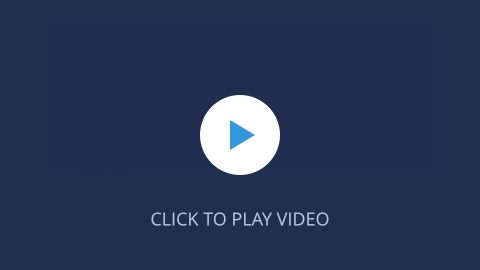Reader, when you hear the phrase “reinventing the wheel”, how does it make you feel? I’ve always thought of it as a bad thing, something to be avoided, a sign that I’m doing things wrong.
In my work with coalitions, I’ve talked about the need to avoid reinventing the wheel - after all, why waste time and resources reinventing something that already exists, that someone’s already figured out?
So imagine my surprise in a recent meeting with a school mental health coalition I work with when one of the members said that avoiding reinventing the wheel shouldn’t be a goal, can’t be a goal, that it’s not possible. That instead, we should focus on creating systems and processes that allow reinvention of the wheel to happen faster, so we waste fewer time and resources.
My mind was blown.
Because, I realized, he was right.
When a school or organization gets new leadership, they might reinvent the wheel because it’s the only way they’ll be fully bought in to the solution, with a stronger understanding and belief in what needs to be done and why. Or maybe the wheel was developed a while ago and needs updating for the current context. Or maybe it was created for a different community and needs to be adapted to ours.
So there are actually a few different reasons why reinventing the wheel might not be an entirely bad thing. Plus, it’s kind of human nature, so maybe it's more effective and realistic to assume it will happen but do what we can to speed up the process.
So how can we make the inevitable reinventing of the wheel that will happen faster?
- Internal documentation: document your coalition’s strategy, process, pivots, actions, accomplishments, challenges, outcomes, membership, partners - not just in a mass of disorganized files (I’ve totally been guilty of that before!) but in a running document with summaries and takeaways (and hyperlinks to key files), as if you were onboarding someone.
- “Spark notes” on the larger system: whether your coalition is working on school mental health or some other topic or health broadly, you’ll want to summarize key information on the relevant system(s) within your community. What’s working (e.g., models, strategies, examples), what’s not (e.g., key gaps and challenges, including with respect to policies, funding, coordination, etc.), and the key agencies, organizations, policymakers, and others in your community who are involved in the system.
- Process to update these regularly: of course, most coalition work is long term and both your coalition and its work and the larger system are ever changing. So you’ll want to establish some kind of process to update the internal documentation and “spark notes” on the larger system at a regular cadence, ideally in a relatively low-lift way.
So, Reader, are you on team “go ahead, reinvent the wheel - just do it faster!” or are you on team “avoid reinventing the wheel at all costs, we don’t have time for that!”? And are there other strategies you’ve seen work to make the work of reinvention go faster? Send me a reply and share your thoughts!
Until next time,
Vinu
PS Learn something in this newsletter? Spread the word! Forward this email to a friend or colleague who might want to weave their own community threads.
PPS Want to learn more about PoP Health and how we partner with community coalitions and collaboratives to transform health in communities through policy and systems change? Check out our website!
